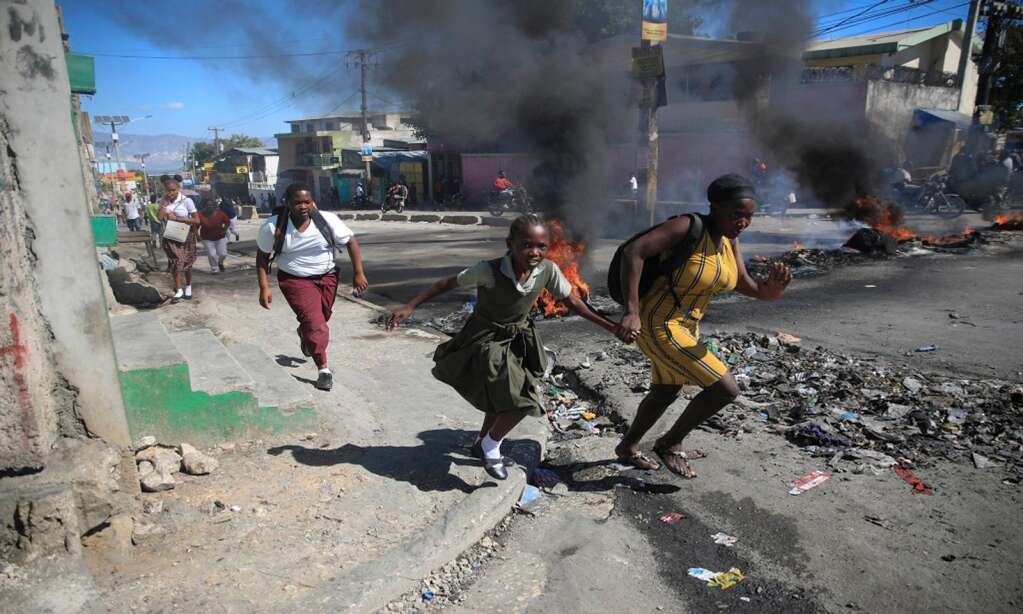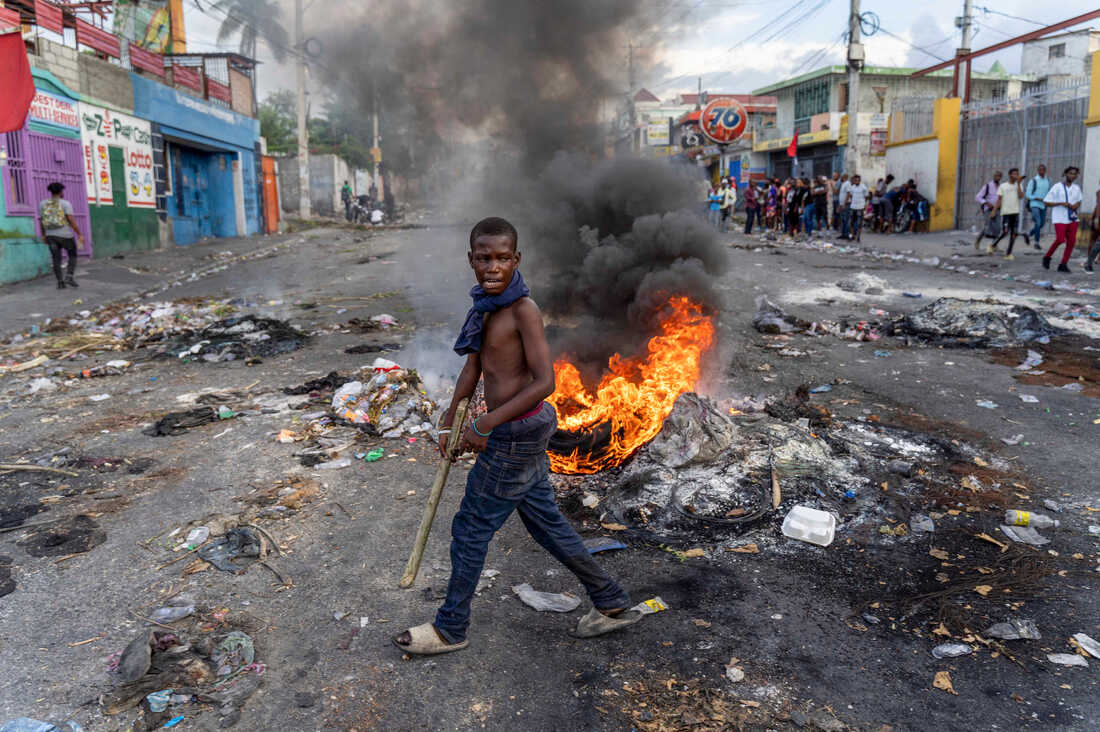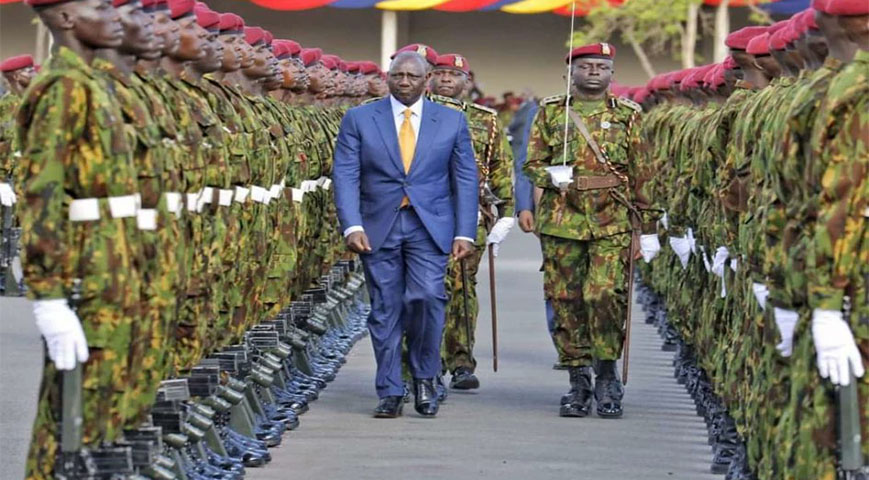Haiti's government remains optimistic after a Kenyan court ruled against Kenya's intention to send police officers to assist the island nation's security services in fighting crime.
The verdict on Friday casts doubt on the future of a UN-backed multinational force long desired by Haiti's government, which has called for foreign assistance to address its spiraling security problem.

Kenya's government had earlier stated that it was willing to contribute up to 1,000 people, an offer welcomed by the United States and other governments that had ruled out deploying their own military on the ground.
The Haitian government said on Sunday that it was "following developments in Kenya and expects a swift and positive outcome."
Did you read this?
It said it would "like to thank the many countries that have come forward to offer various types of aid to restore order and security as soon as possible."

The Kenyan government has promised to contest the high court decision.
Kenyan President William Ruto has defined his country's efforts as a "mission for humanity," consistent with its long history of participating in international peacekeeping missions.
Haiti, the poorest country in the Western Hemisphere, has been in instability for years, with armed gangs seizing control of areas of the country and unleashing deadly bloodshed, wreaking havoc on the economy and public health.
The assassination of President Jovenel Moise in 2021 exacerbated the country's turmoil. No elections have occurred since 2016, and the President is still empty.

The multinational mission, which was initially sanctioned for a year, envisioned Kenyan police going on the offensive alongside their Haitian colleagues, who are outnumbered and outgunned by gang members.
The UN Security Council approved the deployment in early October.
In a statement, Haiti urged its residents to "remain calm, support our security forces, and not be intimidated by disinformation campaigns and threats of violence."









